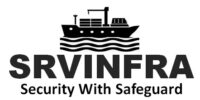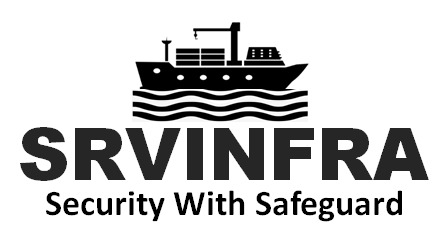Hull insurance is a type of insurance that covers physical damage to a ship or boat , as well as machinery and equipment on board. This type of insurance is mainly purchased by the Shipowners boat owners, and marine businesses to protect against a range of risks associated with owning and operating vessels
Marine Hull
The insurance is designed to indemnify the shipowner against loss of or damage to ship and liability of shipowner arising from maritime perils which include perils of the sea such as heavy weather, stranding or collision and other similar perils.
BENEFITS
BENEFITS
Peace of Mind
Compliance with regulations
Flexible Coverage Options
Liability Coverage
Protection against financial loss
Premium of Hull insurance are based on variety of factors ,including the type and age of the vessel , the value of the equipment on board, the operating area and the level of risk associated with the vessels intended use.
Marine Hull Insurance provides cover against the expenses that would be incurred in repairing, or replacement for loss or damage to the hull and its machinery. The hull is the structure of the vessel. Machinery is the equipment that generates the power to move the vessel and control the lighting and temperature system such as boiler, engine, cooler and electricity generator
FEATURES
All risk cover.
Competitive terms, regardless of the age of the vessel
Assisted claims management
Coverage for Physical Damage
Optional Coverage
We believe that our role is more than just protecting our clients from risk. As your risk consultants, we exist to empower you to grow your business by removing risk obstacles – the emphasis is always on the quality of cover, ready to stand strong when you need it most.
Marine hull insurance can cover:
- Barges
- Container ships
- Charter vessels
- Fishing boats
- Ferries
- Tankers
- Tugboats
- Yachts
BENEFITS
- You get cover for collisions as well as extending the policy to cover collisions with other objects (This is what we call the fixed and floating objects cover).
- It is also possible to purchase top up insurances to ensure that if the ship is completely lost, that the indemnity is adequate to actually replace the vessel. This type of insurance is known as Increased Value and is generally capped at 25% of the agreed value on the main policy to prevent over-insurance.
COVERAGE
-
- War Risks, Strikes Risks & Malicious Acts (This can be extended subject to the Institute War and Strikes Clauses (Hulls – Time) with an additional premium)
- Nuclear Exclusion
- Radioactive Contamination, Chemical, Biological, Bio-Chemical and Electromagnetic Weapon

At SRV, we have many years of experience securing best-fit marine insurance cargo policies that meet the specific needs of our clients.We seek better ways to manage risk and define more effective paths to the right outcome.We go beyond risk to rewards for our clients, our company, our colleagues, and the communities in which we serve. We have presence in USA, UK and Australia.
Links
In Business , Relationships are the currency of OPPORTUNITY
In Business , Relationships are the currency of OPPORTUNITY
